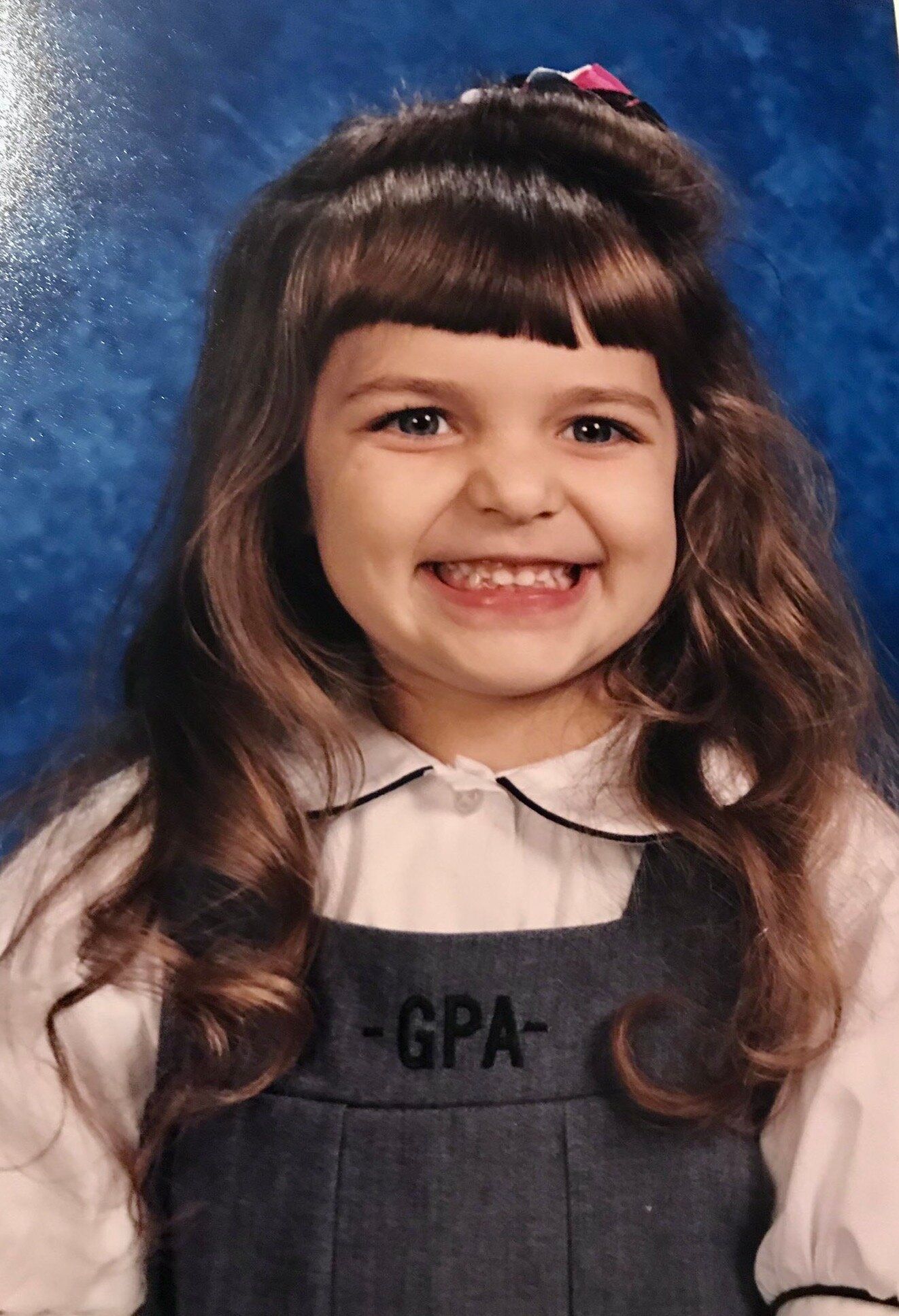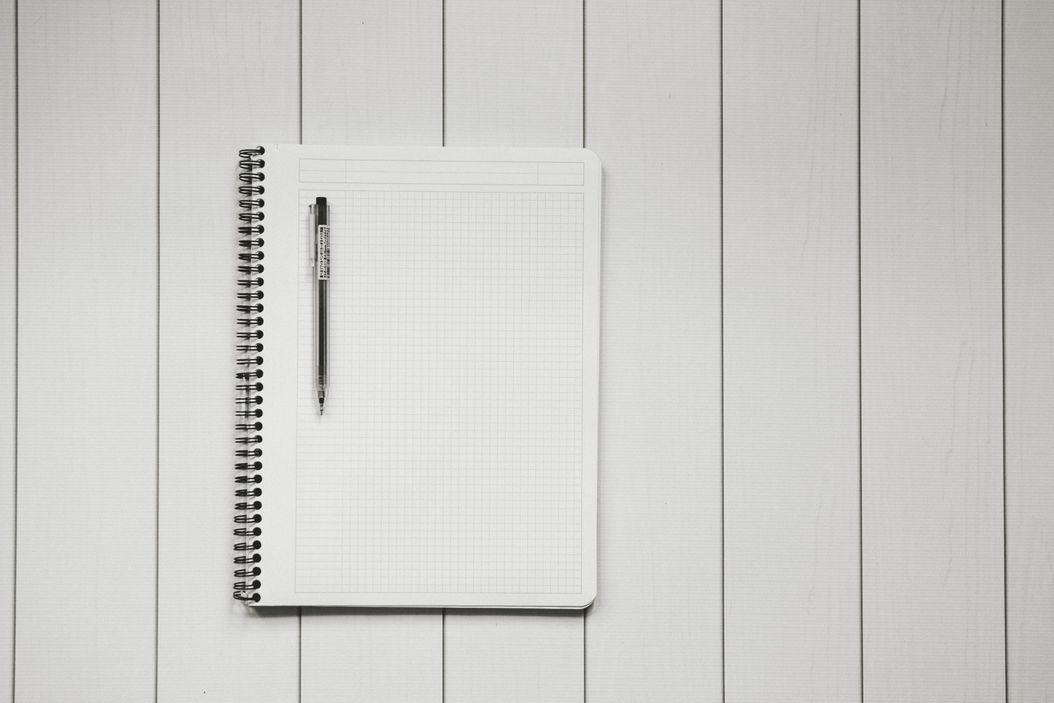When I was 20, a doctor uttered three words that broke my world.
“You have dyslexia.”
I didn’t hear much else after that. I had no idea what it meant and was speechless. I didn’t want to know. It was something that made me an outsider and different. I feared how others would see me. Dyslexia changed how I view myself.
Prior to this, dyslexia was not something I knew existed. It was not remotely on my radar of possibilities. I just thought I was a bad reader. I accepted the fact that I would not be one of those people volunteering to have their nose in a book. It turns out I have plenty of company. In America, the Society of Neuroscience reports that as many as 43.5 million adults and children may have dyslexia. Between 5-10% of the population has dyslexia, but this number can also be as high as 17%. Many children go undiagnosed with dyslexia. They are more likely than their non-dyslexic peers to drop out of school. This ignites a snowball effect to becoming unemployed, underemployed, or incarcerated.

In second grade, I was pulled out of recess to do extra phonics. This is a method of teaching people to read by focusing on letters and their sounds. My fellow remedial classmates were significantly worse at spelling and many other areas, so it felt like a mistake. I hated it. I wanted to go play with my ‘smarter’ friends, so I rushed through it to prove to Mrs. Phelps I was fine.
I wasn’t fine though. I hated reading. I never fully understood it. The transition from picture books to chapter books was a rude awakening. I had friends who cruised through the Harry Potter series, and I thought they were crazy. That seemed impossible to me. Playing as many sports as I did, I didn’t make time to read. There was no downtime between swim team, soccer, dance, sailing, or piano. I preferred life this way.
The summer reading log I filled out compiled all the books that I only read the back of. The few books I had to summarize, I skimmed the beginning and end. My imagination helped to fill in the blanks, so I got by in school. Though, I felt guilty for not reading as instructed.
Flash forward to college, immediately after my diagnosis, I made assumptions about this condition. I thought it meant that I was stupid. Was I plagued with a mental disease? It was a shock to me. During my first year of college, I made the Dean’s list after receiving straight A’s. I was invited to join an honor’s club. I was admitted to the business school for my sophomore year.

Everything became weed-out classes. My school performance quickly dropped. The Farmer’s School of Business was not known for being a breeze. I was up for the challenge but nothing had prepared me for this. My sophomore year of college had been an ego beating after not receiving stellar grades to live up to my previous expectations. It triggered me and my family to question whether there was an underlying problem.
Worried about were worried about where my slump in college might be leading, I saw a psychologist. He evaluated me using the Wechsler Adult Intelligence Scoring Scale. There’s already at least one known person in each of the last three generations of my family with ADD, so this test seemed suitable.
I was not in the mental state to be curious, despite there being a few notes at the end of the exam with resources. My psychologist didn’t give me a copy of my results, so when I did want to come back to question, I asked my university senior year for the results. It took me a year before I started to want to understand more about what was behind this all. I didn’t think all too much about how I was feeling after the news. Instead of being curious, me and my family wanted to carry on with life. I tried to discuss it with my parents at dinner, but they didn’t know what it meant either.

I felt like I felt like I had biologically let them down. I felt like a failure in a way that I had no choice in the matter. There wasn’t much to discuss. The test results were final. It left me with a weight inside. A label I didn’t want anyone else to know about. It was a secret. Feelings of being a victim grew. I wished I could have lived in ignorance of this condition since this disability couldn’t be cured. There wasn’t a medication that could make it go away. The next step for me was to move from denial and start to accept my reality through introspection.
What did the assessment results of dyslexia mean for me?
The results revealed my weaknesses in reading comprehension, auditory working memory, and math fluency. There are many other components for this assessment and these were the outliers that stood out for me.
Poor reading comprehension
I could read large chunks of text but I wouldn’t comprehend them only reading once through. I passively consumed and none of it stuck. It wasn’t until I would see the summary box at the end of the chapter that anything would start to make sense. To help with this condition, I received extended time on tests. I write down everything or I forget.
After graduating college in 2018, I visited a reading tutor each week at a Brainspring Learning Center. I wanted to see how I could have a better relationship with reading. Joe would listen to me read out loud to him. He showed me how to actively read, which meant how to converse with the author. I became better at questioning everything I didn’t know. I finally started enjoying reading for the first time in my life at age 22. Though, this struggle segued into basic math functions as well.
Slow math fluency
I do not quickly recall the answers to basic math facts automatically and without hesitation. In elementary school, my mom signed my brother and me up for the Kumon center. Their curriculum helped solve a wide range of math problems to continually progress and be challenged to succeed. After sports practices, I went to go get even more math homework on top of my other homework.
At the time I hated this, but now look back and believe those extra repetitions helped me build confidence. In sixth grade, I was put on the honors math track. Though, I typically ended up triple checking my work with my calculator. I didn’t want to mistakenly flip a number around. I was extra diligent to write out the formula, to patiently walk through the steps each time, and catch any slip-ups. Even if I attended class and listened closely, reinforcement was needed after to master an exercise.
Weakness in auditory working memory
My ability to recall information with auditory working memory was faulty. I do not take in the information presented orally effectively. This means to hear something out loud, process it, retain it, and then recall it. In order to have auditory memory, it requires working memory. Apart from school, I worked in three different restaurants during the Spring of 2019. This explains my difficulty in getting promoted as a server as I struggled with recalling auditory information.
None of this means that I can’t do math or read or that I don’t remember anything. It means that my brain is different from those without this condition. I resist the urge to say ‘normal brain’ because I am convinced there is no such thing as normal.
The psychologist explained I had compensated in some areas to make it this far in my education. In short, I realized what he meant: I learned to learn differently from others.
But what did that mean? Can this “significant unevenness in cognitive and academic functioning” go away? Sure, I showed scores near the bottom of the percentile for my reading comprehension, working memory, and processing speed. But what does that mean in reality? Is there a cure after all?
I fixated on the diagnosis and the weaknesses it revealed instead of the strengths or high IQ score it uncovered. I didn’t want the diagnosis to change my view of myself. I pretended it never happened. After the evaluation, I had just started my first corporate internship. I interned at a title insurance company called Title Source, now Amrock. The thought of my manager, colleagues, and peers viewing me as “less” or stupid with this condition petrified me. I bottled up my diagnosis and felt ashamed of a part of who I was. I only revealed it to people who had to know. My family, a couple friends, and my university.
Society stigmatizes being anything but the status quo. I was a victim of my approach to the diagnosis, but I am no longer. I have since realized that this need I felt for a cure was that I felt like a victim to an assessment. An uncovered blindspot in how I learn. Which has now led to an obsession with alternative, more creative ways to learn.
This diagnosis helped me to link the gaps in my schooling and become more curious about myself. It explains why I didn’t like rushing. Whether it was my reading, math or preparing a speech. It’s because it’s not how I effectively learned. I have since realized that I need to give myself a reasonable standard. To have patience and compassion for myself.
It can be easier to quit than to stay in the game. I don’t want to forgo things because I think I’ll be bad at them. I want to give them a full chance now. The difference it has made is that I am more introspective and strive to be more self-aware. My journaling practice has been my treasure trove for myself. I seek out novelty and enjoy the beginner’s mindset as it level sets my humility.
This discovery has made me even more challenge-driven. I am more competitive, not against others, but against my past self. I seek to progress myself rather than find perfection. I am still on this journey of acceptance. I have started to take control of the labels that identify me. It’s up to each of us to see our skills and capabilities in either a positive or negative light.
In the future, I will cover my thoughts on dyslexia’s superpowers, cognitive differences, and learning strategies. Stay tuned by subscribing to my letters from a learn-it-all.
This essay was not written alone. Thank you to everyone who offered feedback. You all have been monumental in bringing this piece to life: Charlie Bleecker, Doc Ayomide, Jon Borichevskiy, Greg Frontiero, Gwyn Wansbrough, Erik Newhard, Jenny Lu, Cam Houser, Jamie Russo.

